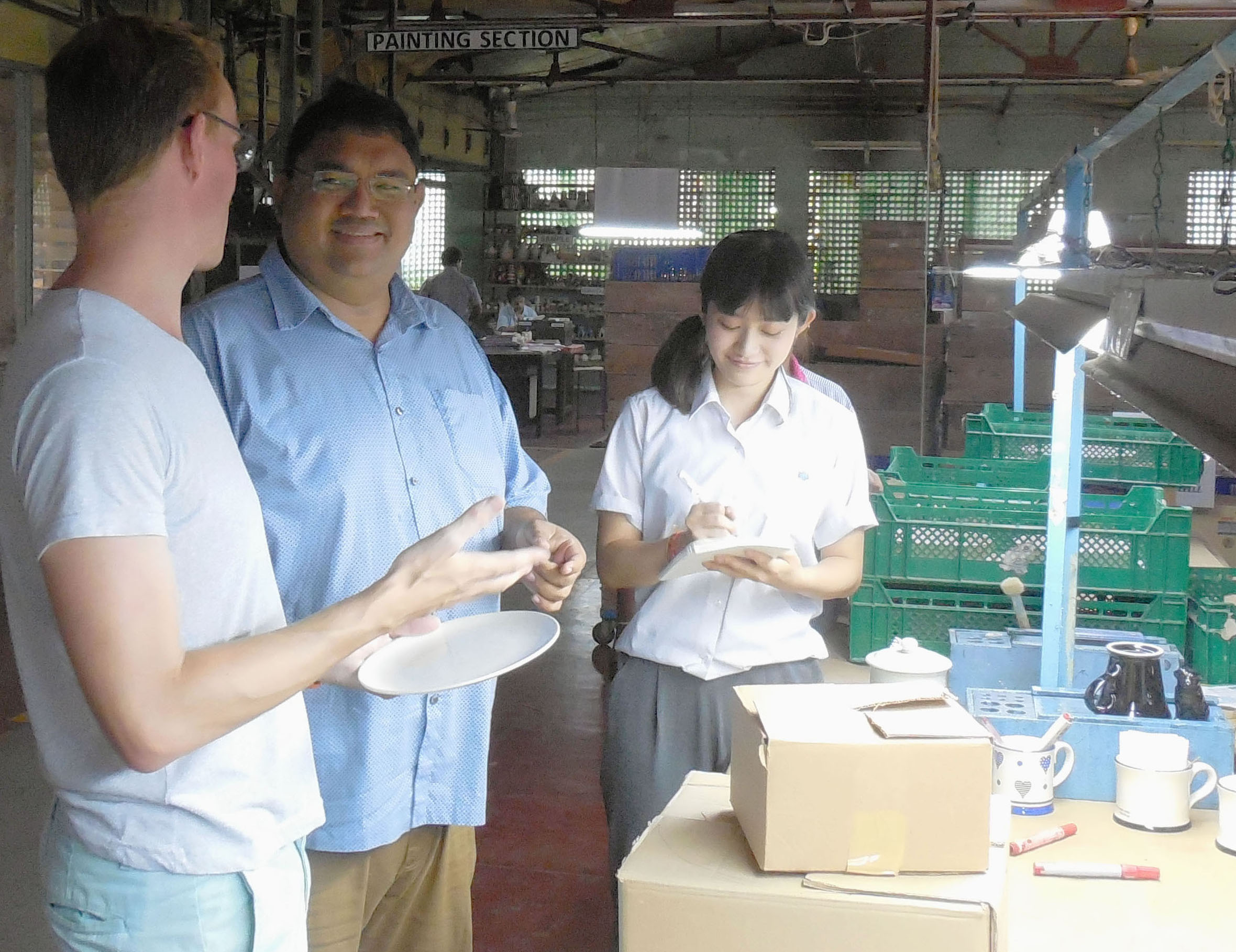Noie Motohashi flew to the Sri Lankan capital Colombo last year, choosing an intern job at a pottery maker there over a job offered by a Japanese company.
Despite the language barrier and cultural differences, the 22-year-old Tokyo art college student thought that the experience would be valuable and that she would resume job hunting in Japan later.
Motohashi is one of the "second generation," or the "daughter generation," of women who entered Japan's workforce after the equal employment opportunity law took effect in 1986, requiring employers to provide equal treatment for men and women in hiring, training and promotion.



